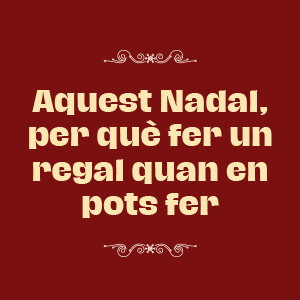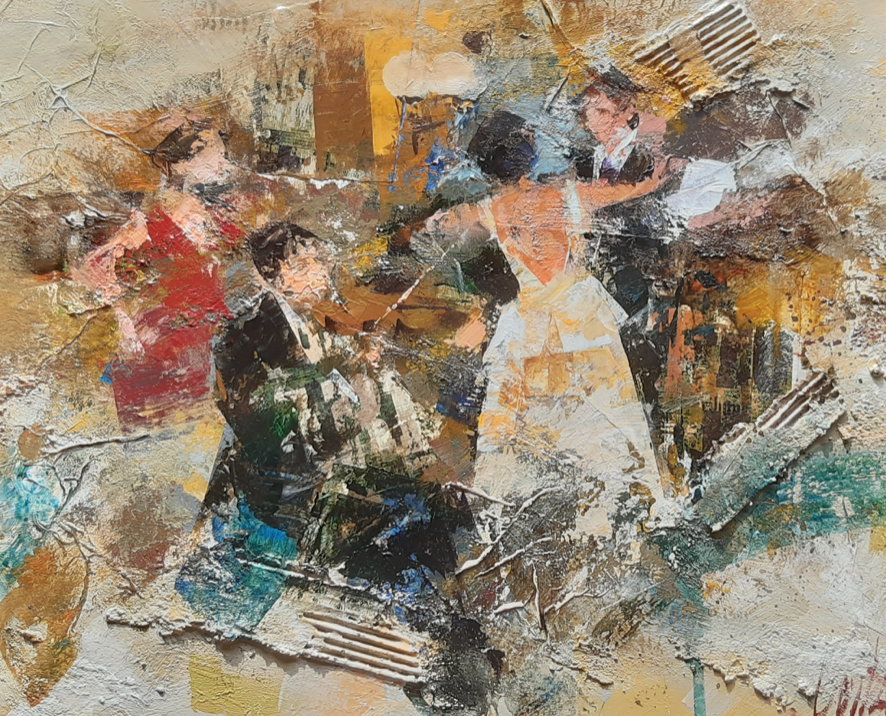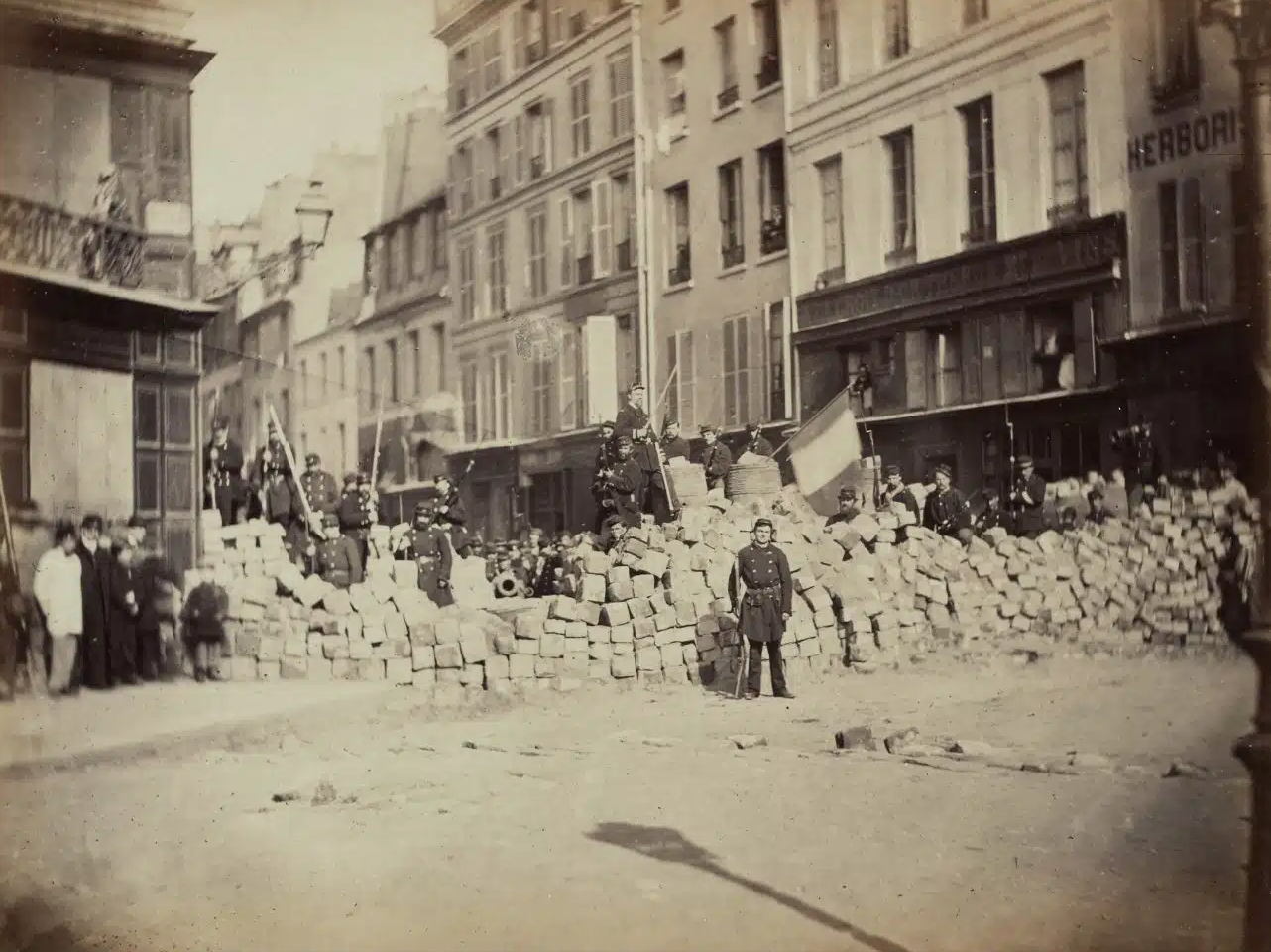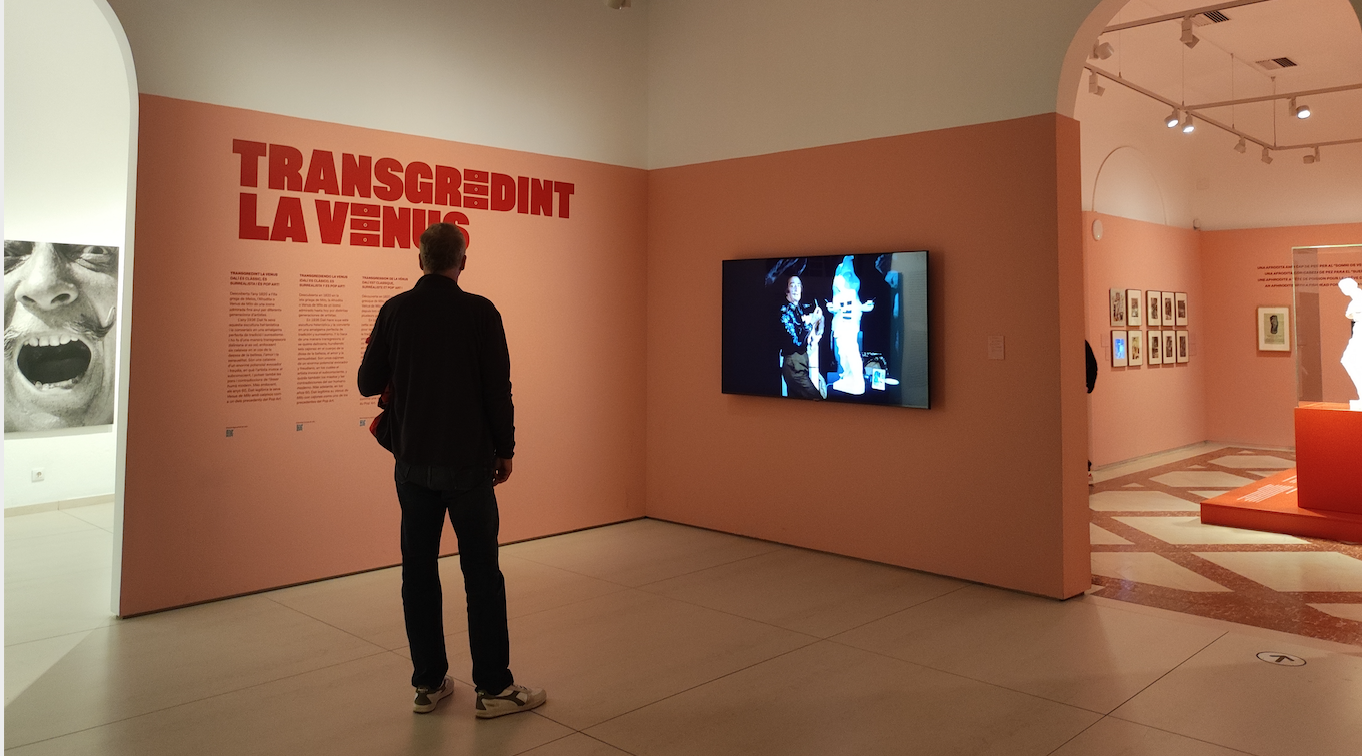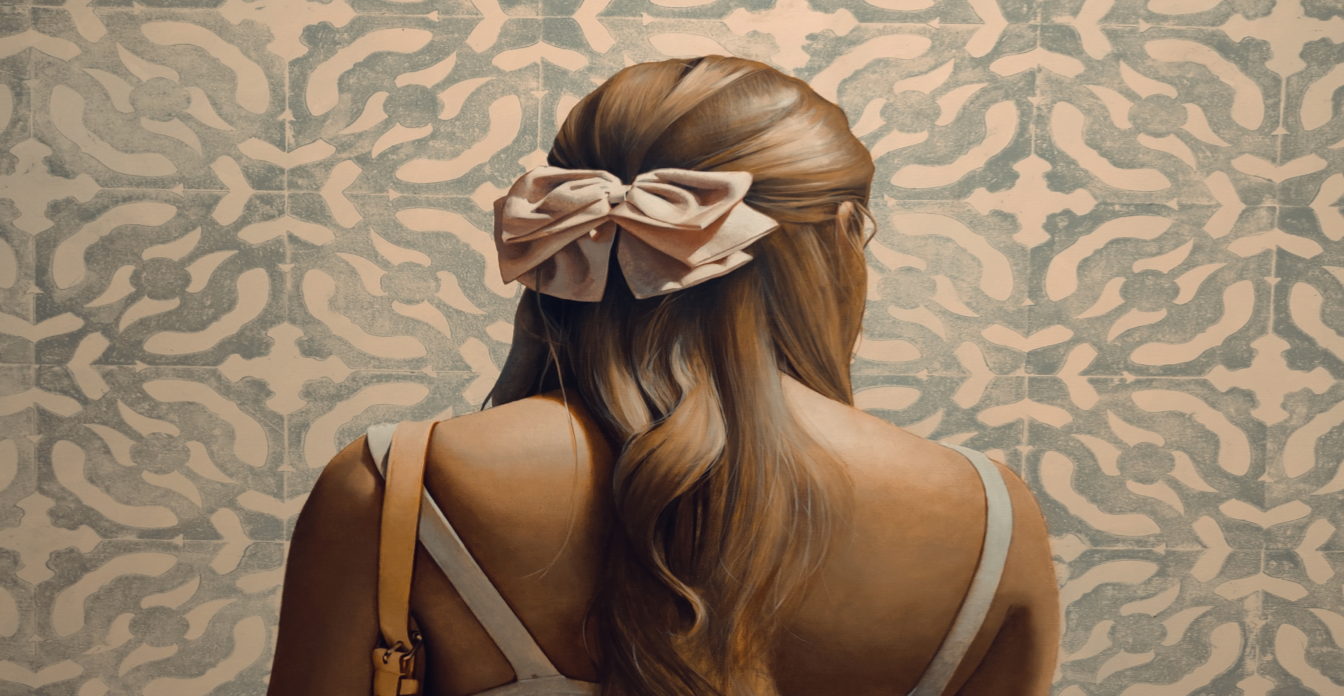Exhibitions
"Everything that happens here could also happen to you", a curatorial project in two acts at the Sant Andreu Civic Center
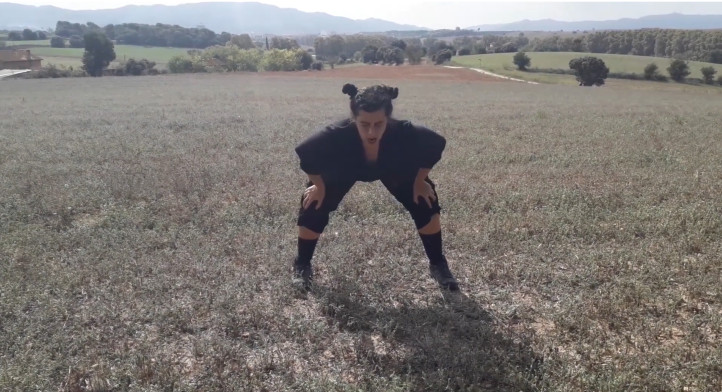
Sant Andreu Civic Center inaugurates a curatorial project in two acts. The first, A minimum flash of long duration curated by Marta Ramos-Yzquierdo, from November 26, 2022 to January 8, 2023; and a second act Bodies without organs, curated by Albert Mercadé.
The project tells us about how everyday life, our day-to-day life, has traditionally been articulated by the time we spent working, the time we spent resting and the time we had to sleep. Eight-hour periods in which our activity seemed to be divided into personal time, social time and working time, but which, nevertheless, and especially since the arrival of this latest techno-capitalism, is now a continuum in the which at all times these times are marked by their productive nature: when we work, when we rest because we are consuming, when we sleep, since our data is performing for us. The days that seem shorter and shorter happen in this rotation of a productive system that has finally turned us into the most productive product of all, seeking control of our times and bodies without us even realizing it.
Long duration is a term that designates this temporality that, like that of a productive system, exceeds us. And against this inertia, there are small rebellions that, in the face of what is happening to all of us, want to represent a small sabotage from the absurd, from the error, from being and being outside the norm . These subtle insurrections with very precise and conjunctural temporalities are what the invited artists – Ana Ayuso, Marta Galindo, Tim Neutel, Beatriz Regueira, txe roimeser and Jon Ander Terroba – show in the Sant Andreu Contemporani hall: from a café badly served, a corporate mug thrown against the wall, an early jump, a diary of failures, a love story or a stamp for a letter.
Bodies without organs, with the works of Adrián Castañeda, Pablo del Pozo (guest artist). Anna Pasco Pol Pintó and Marta Pujades, can only be captured during the initial 8 hours of this project and after walking the four hundred meters that separate Sant Andreu Contemporani from the premises, in which the reflection on the forms of infiltration and sabotage they can organize by rethinking a body freed from the productive collective subconscious. The term "body without organs" was how Deleuze and Guattari defined this possibility of freeing oneself from the dominant reality. The artists will break down this systemic trace through the power of rethinking us as new bodies, new forms of life.




